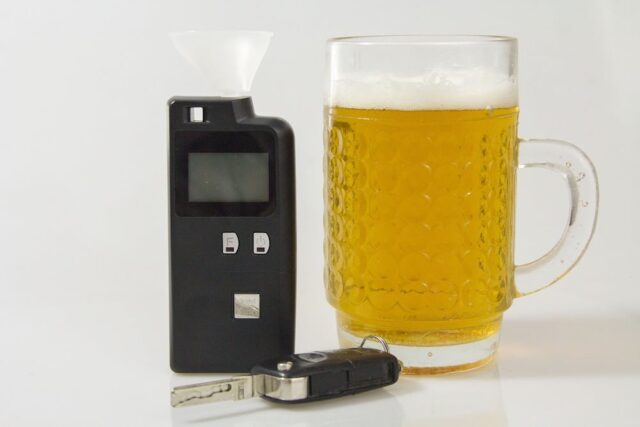Many mistakenly believe that theft, due to its non-violent nature, is a less severe criminal charge compared to others. This perception, however, is inaccurate. The state of Texas treats all criminal offenses, including larceny, with considerable gravity. Consequently, those facing theft charges must have a thorough understanding of the actions that constitute this offense and the potential penalties they will face upon conviction. Please continue reading as we explore what you should know about these matters and the importance of enlisting the help of an experienced Dallas Theft Lawyer who can help you build a robust defense strategy.
What Constitutes Larceny in Texas?
As enshrined in the Texas Penal Code, Title 7, Chapter 31, larceny involves the unlawful taking of another’s property with the intent to deprive them of it. It’s important to note that it encompasses both tangible and intangible property. The elements of larceny include:
- Unlawful appropriation: The defendant took the property without the owner’s permission.
- Intent to deprive: The defendant must have the intent to permanently deprive the owner of their property.
The Lone Star State doesn’t use larceny as an umbrella term to encompass a wide range of theft offenses like other states. Instead, larceny is a separate offense. If you are accused of taking someone else’s property without consent and with the intent to deprive them permanently, you can face this charge.
What Are the Potential Penalties for Larceny?
The value of the stolen property determines whether the offense falls under a misdemeanor or a felony.
- Class C misdemeanor: The property stolen was valued at less than $100. This offense is punishable by a fine of up to $500.
- Class B misdemeanor: The property stolen was valued between $100 and $750. This offense is punishable by a fine of up to $2,000 and 180 days of jail time.
- Class A misdemeanor: The property stolen was valued between $750 and $2,500. This offense is punishable by a fine of up to $4,000 and one year in jail.
If the value of stolen goods is over $2,500, it will be classified as a felony. Whether it’s a third, second, or first-degree felony will depend on the unique circumstances.
- State jail felony: Property valued at $2,500 or more but less than $30,000. This offense is punishable by up to two years in jail.
- Third-degree felony: Property valued at $30,000 or more but less than $150,000. This offense is punishable by two and ten years in jail.
- Second-degree felony: Property valued at $150,00 or more but less than $300,000. This offense is punishable by two and twenty years in jail.
- First-degree felony: Property valued at $300,000 or more. This offense is punishable by life in prison.
If you have been accused of larceny in Texas, please don’t hesitate to contact a skilled attorney from Spangler Law, who can help you navigate the complexities of this legal process and defend your rights. Connect with our firm today to learn how we can assist you during these difficult times.



